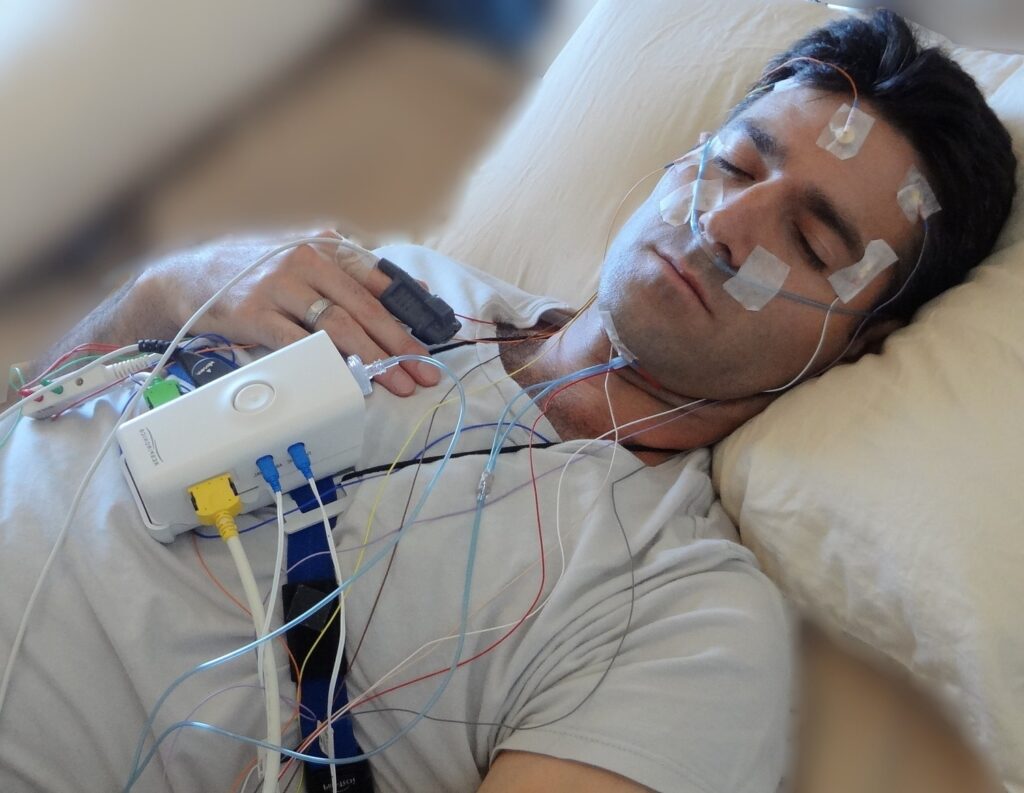

A study done by the National Institute of Health NIH observed that insomnia further deteriorates the health of people suffering from Chronic Obstructive Pulmonary Disease.
Chronic obstructive pulmonary disease (COPD) is an inflammatory lung disease that causes breathing difficulty, cough, mucus production, and wheezing. COPD is usually caused by tobacco smoking or exposure to irritating gases. In the United States, 16 million people are affected by COPD which is a leading cause of death.
Pollutants or flu viruses can trigger COPD flare-ups or exacerbations which last for days or even weeks. The immune system of any person is highly affected by poor sleep and can deteriorate their health, making them disease-prone. Nevertheless, people with COPD have likely more chances of vulnerability.
“Knowing how people sleep at night will tell me a lot more about their risk of a flare-up in people who already have COPD than knowing whether they smoked for 40 or 60 years,” said Aaron Baugh, M.D., a clinical colleague there at the University of California at San Francisco Medical School and a practicing pulmonologist. “That’s a major surprise, but it’s not something I predicted going into this study.” “Smoking is such an important part of COPD, I would have expected it to be the most important predictors of exacerbations,” says the researcher.
The people taken under the observation for the research were current or former tobacco smokers with confirmed diagnoses of COPD. More than 1500 people were studied minutely for this research.
The COPD outbursts were compared with the participants’ sleep quality over three years. The researchers analyzed the timing of sleep, duration of sleep, and the frequency of disturbances of the participants among other tools. The researchers analyzed how a person’s risk for flare-ups changed after one year.
The researchers found out that poor sleep quality was linked to an increase in COPD flare-ups in the participants. The study showed that the participants with the worst sleep quality had around 95 chances of increased COPD flare-ups while the participants who were at the base level of poor sleep were having 25% increased chance of COPD flare-ups.
Aaron Baugh, the lead study author, said that according to previous studies which report black Americans to experience worse sleep than other races or ethnicities, it is obvious why black Americans were reported with higher COPD flare-ups than other races during the research.
The study was funded by the National Heart, Lung, and Blood Institute (NHLBI), part of the NIH, and suggests that the sleep quality of a person can better predict COPD flare-ups than the history of smoking.
This study, according to Marishka Brown, Ph.D., head of the NHLBI’s National Center for Sleep Apnea Study, is a significant milestone. “Sleep as a modulator of COPD outcomes has not been substantially investigated,” Brown added. “This research adds to a growing body of evidence highlighting the negative impact of inadequate sleep on overall health, but especially in patients with life-threatening pre-existing illnesses like COPD.”





